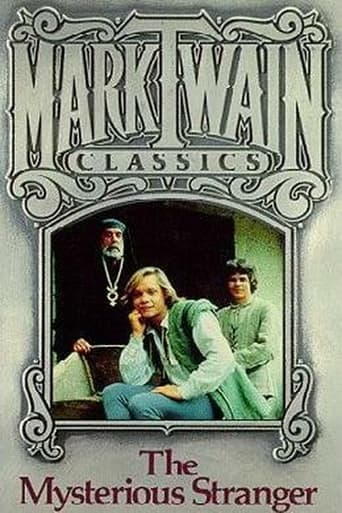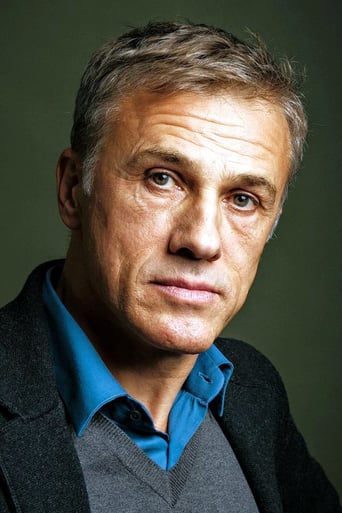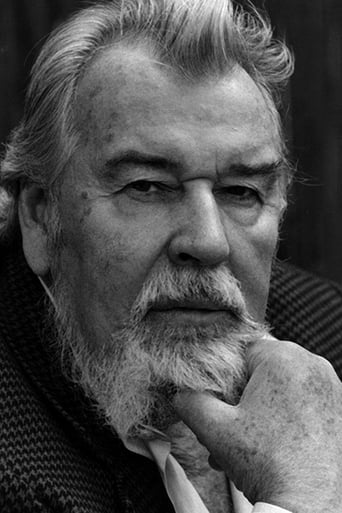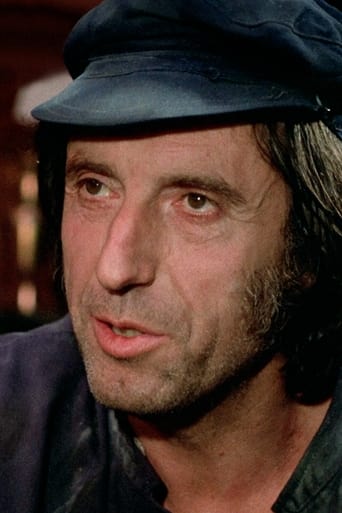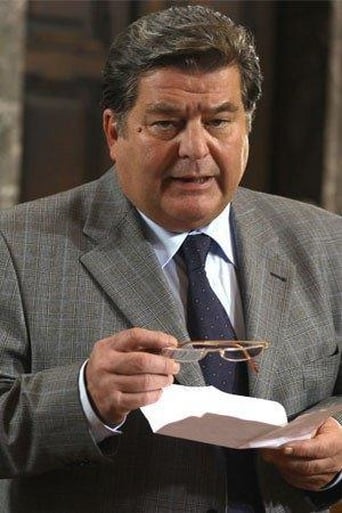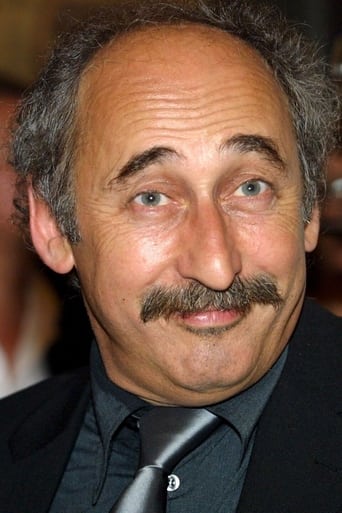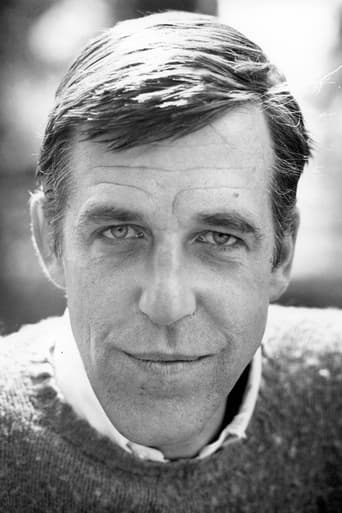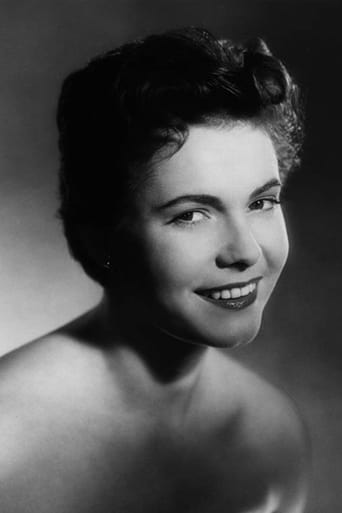The film version of the same-titled book by Mark Twain. A young printer's apprentice imagines himself back in the days of Guttenberg, helping him to print the Bible. The next thing he knows he has conjured up a young spirit from the future who casts spells over striking printers and causes general mischief.
Similar titles
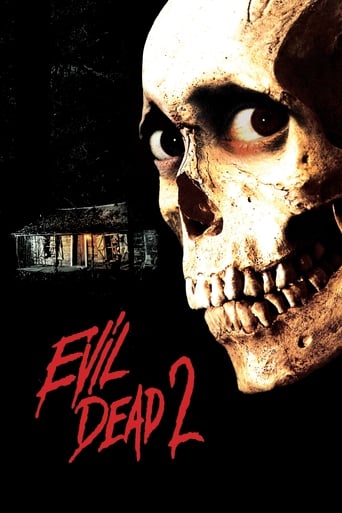
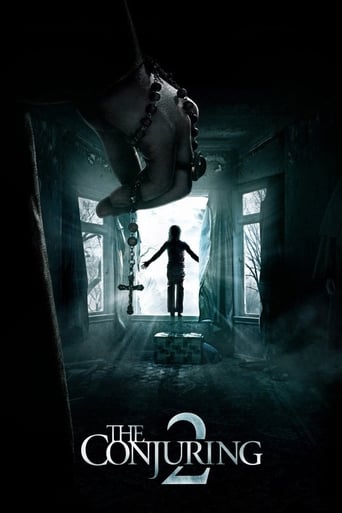
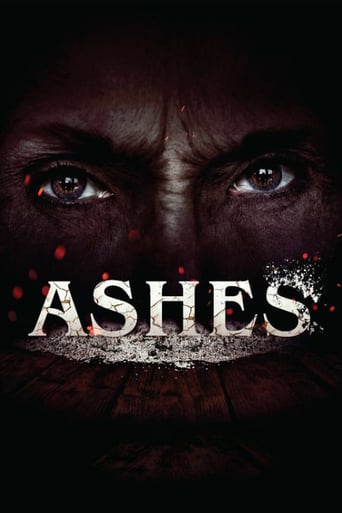

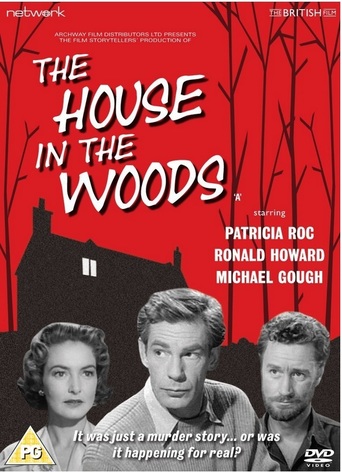


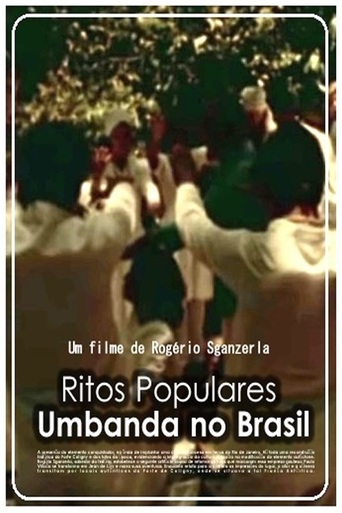

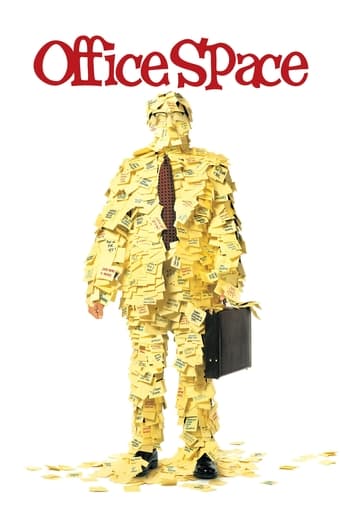
Reviews
An Exercise In Nonsense
It's not great by any means, but it's a pretty good movie that didn't leave me filled with regret for investing time in it.
Blistering performances.
All of these films share one commonality, that being a kind of emotional center that humanizes a cast of monsters.
The one thing to keep in mind when watching this is the fact Mark Train wrote three versions of this only one of which was actually completed: 'Chronicle of Young Satan' (set in 1590 Austria, abandoned in mid scene), 'Schoolhouse Hill' (with Huckleberry Finn and Tom Sawyer as Satan's (now called No. 44) companions, also incomplete), and 'No. 44, The Mysterious Stranger' (set in 1490 Austria and the only version to actually have an ending).The problem is that the 1916 version published by Twain's biographer Albert Bigelow Paine has since been revealed to be a composite of an heavily edited 'Chronicle of Young Satan' with the 'No. 44, The Mysterious Stranger' ending slapped on. If that was not confusing enough for someone trying to go back to the original story the University of California Press put out yet another version in 1982 that is supposedly the 'definitive' version that Twain himself would have had published had he lived.It is clear from the text at the ending that this film is based on either the entire 'No. 44, The Mysterious Stranger' draft or the University of California version and not on the better known Paine version that mixes plots and characters from two totally different versions.
All of Mark Twain's biographers agree that after 1894 his best good humor war replaced by a seriousness and moroseness that he rarely showed earlier. He had reasons in his last sixteen years to show such traits. He was financially ruined by the failure of the publishing company he owned (due to the incompetence and drug addiction of his company's President) and due to his sinking thousands of dollars into a remarkable typesetting machine that was never completed because it's inventor kept adding new devices to it. He had to travel around the world for two years to pay off his debts as a lecturer. His best liked literary project, a novel about Joan of Arc, was universally panned by the critics and public. His family was dying off: first his wife Livia, than two of his three daughters, than a favorite nephew. With all of this on his plate the darkening of his personality makes perfectly normal sense.One should not think that Twain's literary work suffered as a result. His travel book FOLLOWING THE EQUATOR was a success. So were his anti-imperialist writings, "To The Person Sitting In Darkness" and "To My Missionary Critics". His satire on Conan Doyle, "A Double-Barrelled Detective Story" was a respectable attempt. His twin attacks on foreign despots ("The Czar's Soliloquy" and "King Leopold's Soliloquy" were well received. He did two spoofs on the first couple ("Adam's Diary" and "Eve's Diary") which were splendid. But he shied away from another full scale novel. Except for the fragments that are now called "The Mysterious Stranger".Except that it is his bitterest piece of writing, Twain's "The Mysterious Stranger" is his "Candide". The narrator is living in a medieval village called "Esseldorf" ("Jackass ville"), and is lucky enough to meet an all powerful heavenly figure named Satan (or "#44" - Twain wrote several versions of his fragments). Together they explore the world, and the knaves who inhabit it. The idea of the story is that real happiness is impossible to find in the world. The only one who they cross who is happy (due to Satan's powers) is an elderly friend of the narrator, who Satan makes happy by making him lose his mind!Twain had little reason to find life enjoyable, and the fragments of "The Mysterious Stranger" show this. But the film, although set in the 1450s like the novel, concentrates on the firm that is doing the printing of a new bible, and the phony antics of an alchemist (Fred Gwynne) who suddenly finds he is able to do all kinds of magic (anonymously caused by "44") but who finds that his "spells" and "incantations" are threatening to bring him up on fatal charges of being a witch/warlock.It was a passing amusing film - certainly not boring. But it would have been better if the screenplay had stuck closer to the original fragments. The fragments themselves were published in 1917 for the first time.
Though it may not follow the original plot, the film makes a couple of the same philosophical points and arrives at the same ending, an ending too unpalatably bleak for any family movie. But the script adds a couple of extra sentences to bring us out on a positive note that, in my opinion, is not only acceptable but even insightful (much more so than the claymation Mark Twain movie with its own abbreviated "Mysterious Stranger") in integrating Mark Twain the morose nihilist with Mark Twain the jolly story-teller.
Mark Twain didn't write the script. The script doesn't even follow the plot of the original story. So it should be looked at as a fabricated Twain story. Still, it is pretty good. It begins in a "modern" print shop, which is actually in the late 19th century. A young boy, August, timid and out of place, persecuted by his employers, finds himself back in the 16th century, the time of alchemy and magic, and religious persecution. He is the same character, working in much more primitive print shop, one that produces Bibles for the University. It brings in a magical character named 44 who is able to jump through time and do virtually anything he wants. In the book his name is the not too subtle Satan, but 44 is really more of an imp and out to have fun. Most of the troubles have to do with an alchemist played by Fred Gwynne (looking very much like Herman Munster) and a group of discontented printers whose role seems to be to use their skills for extortion. It is a comment on labor unions and guilds and these fellows become the perfect foils for 44.Twain would have approved because it takes shots at religion, at least mysticism, self importance, the romanticism we attach to these times, and the frailty and fundamental unfairness of human life. August, played by Chris Makepeace, is the recipient of 44's (played by Lance Kerwin, a child star of the late 70's and early 80's) abilities, but is himself caught in his own medieval beliefs and can't understand what 44 is doing. I watch this about once a year since I taped it on PBS way back in 1982. It has an interesting message and I would hope that people will make an effort to find it and see it.
Top Streaming Movies












